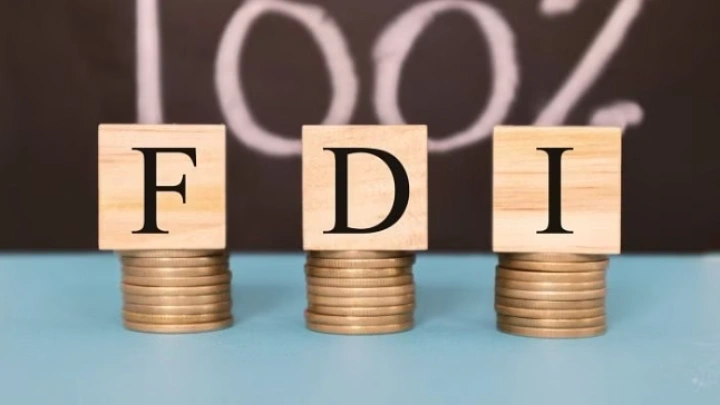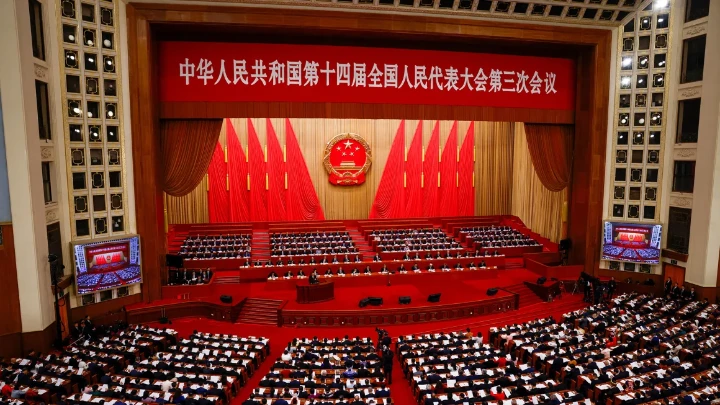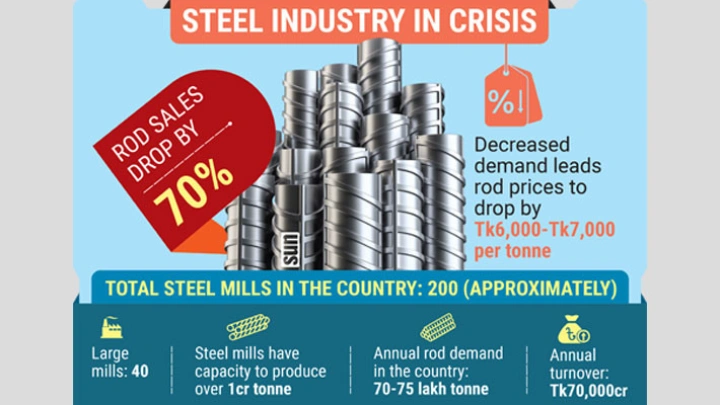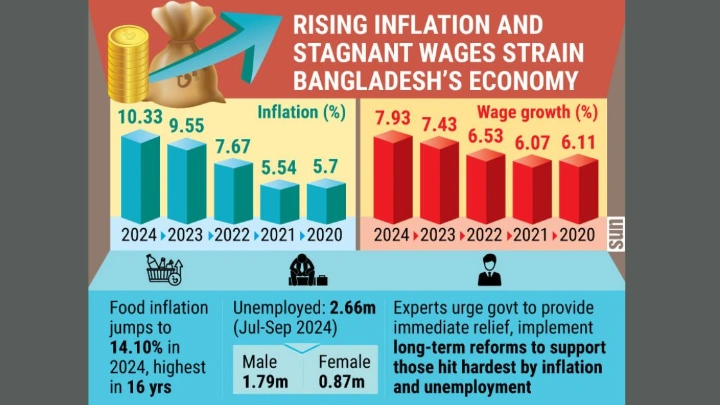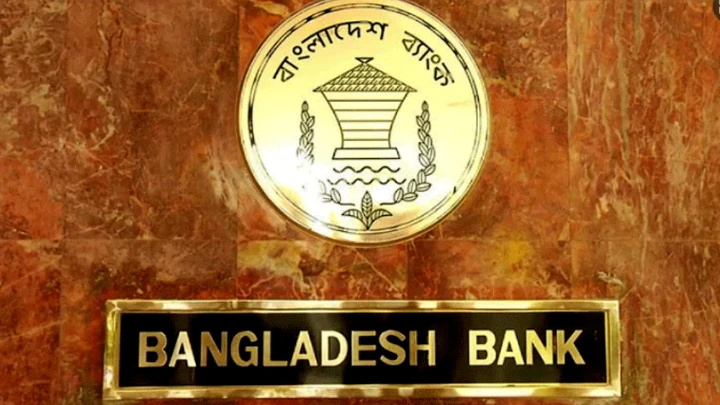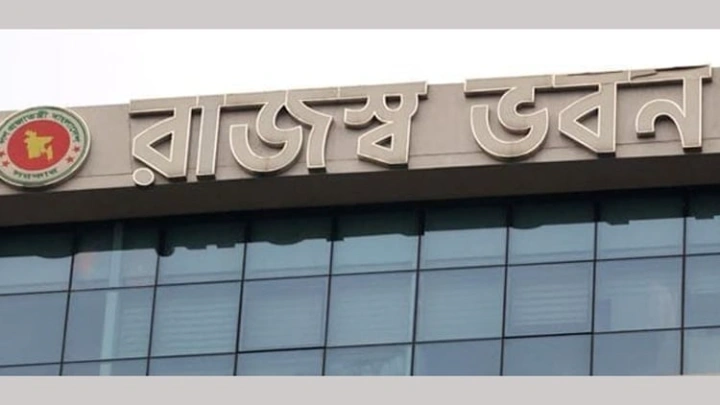Bangladesh’s net FDI inflow plummets 8.8% in FY24
DailySun || Shining BD
Bangladesh’s net foreign direct investment (FDI) inflow stood at $1.47 billion in the fiscal year 2023-24, marking a decline of $141.6 million, or 8.8%, from $1.61 billion in the year before.
The country received the highest FDI from the United Kingdom in FY24, with a net inflow of $506.53 million, accounting for 34.5% of total FDI outlay.
This marks a slight decrease from $507.89 million in FY23 but a significant increase from $79.51 million in FY22, according to data from Bangladesh Bank (BB).
China was the second highest destination, with an FDI inflow of $283.56 million from the country in FY24. Notably, China was the top investor in FY22, with $428.09 million.
However, investment from the East Asian country sharply declined to $68.15 million in FY23 before recovering in FY24.
South Korea ranked third, with FDI inflows decreasing to $246.35 million in fiscal 2023-24, compared to $284.45 million in FY23 and $200.24 million in FY22.
India was the fourth-largest investor in Bangladesh, contributing $132.83 million in FY24.
Other significant contributors to Bangladesh’s FDI in FY24 included Norway ($94.43 million), the United States ($93.70 million), Singapore ($89.28 million), Sri Lanka ($88.67 million), Hong Kong ($81.10 million), and Malaysia ($55.15 million).
Meanwhile, outward foreign direct investments (OFDIs) by Bangladeshi firms increased significantly, reaching $81.52 million in FY24. These investments were distributed across more than 18 host countries.
India received the highest OFDI from Bangladesh, amounting to $31.51 million, followed by the United Arab Emirates ($10.81 million), Ireland ($1.32 million), Malaysia ($0.97 million), and the Maldives ($0.25 million).
The Bangladesh Bank report highlighted the country’s success in attracting FDI since the inception of economic reforms in 1995, noting the significant role of FDI in driving economic development. However, the overall decrease in FDI inflows was attributed to a decline in equity capital and reinvested earnings.
Regarding OFDI, the report stated that Bangladesh is cautiously progressing in investing abroad.
Zahid Hussain, a former lead economist at the World Bank’s Dhaka office, told the Daily Sun that while Bangladesh is eager to attract foreign investments, several barriers persist. Political turbulence associated with the elections and the depreciation of the local currency hindered FDI inflows, he said, emphasising the need for central bank policy support to facilitate smoother foreign transactions.
On the OFDI, he noted that it reflects the growing capacity of some Bangladeshi companies, enabling them to invest overseas.
Zaved Akhtar, president of the Foreign Investors’ Chamber of Commerce and Industry (FICCI), underscored the importance of fostering partnerships to boost FDI. He highlighted the need for credibility, policy consistency, and competence to attract more investment.
Sectors attracting highest FDI inflows
Net FDI inflows in Bangladesh amounted to $1,468.17 million in the fiscal year 2023-24. Among the top sectors attracting FDI, textiles and wearing led with $435.78 million, followed by banking with $229.73 million and chemicals and pharmaceuticals with $123.79 million.
The other leading sectors include gas & petroleum with $117.24 million, telecommunication with $102.92 million, agriculture and fishing with $57.42 million, leather and leather products with $53.88 million, trading with $45.81 million, fertilizer with $35.82 million, and NBFI with $11.45 million.
Collectively, these sectors accounted for approximately 84.28% of the total equity capital inflows in FY24.
Shining BD

